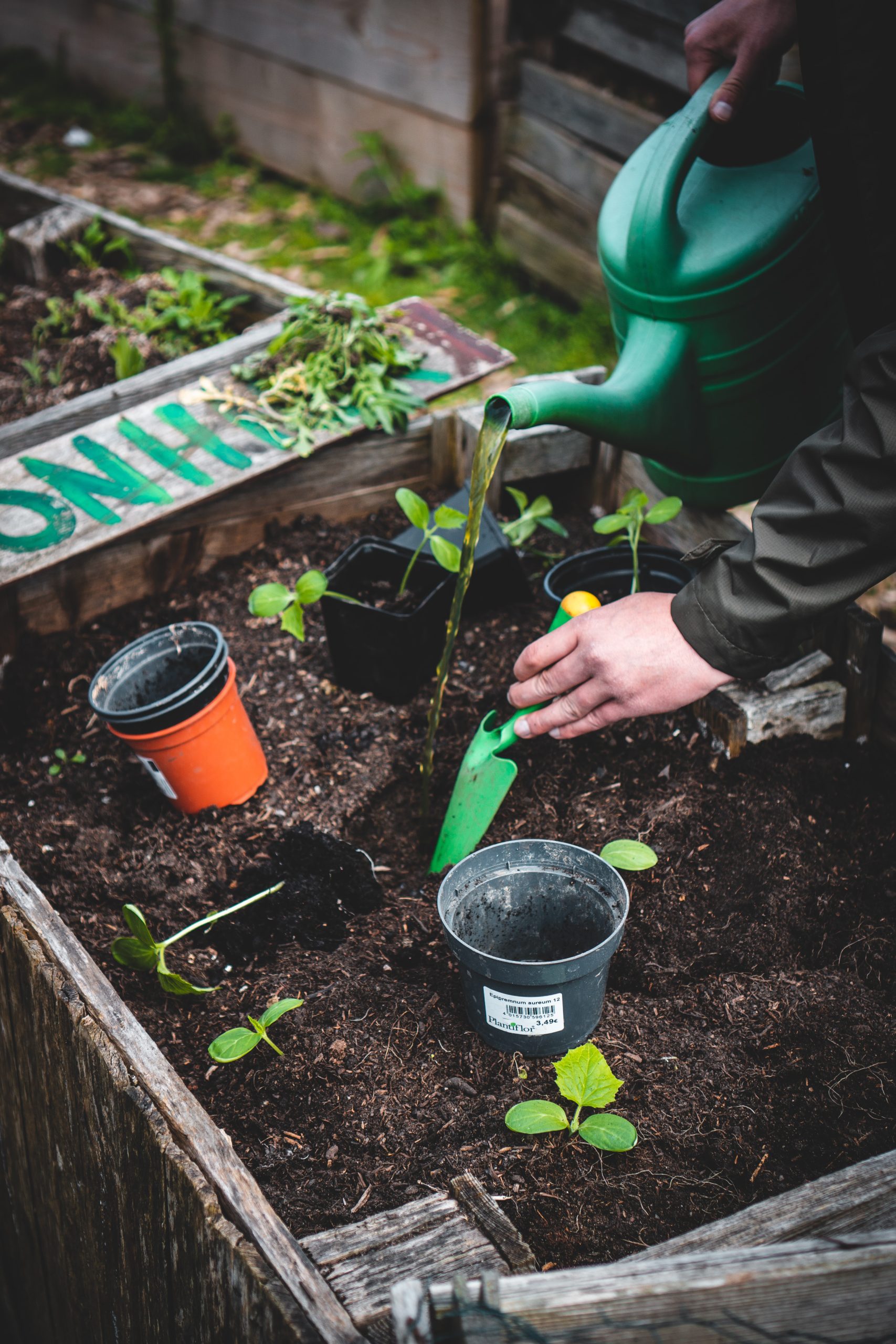Are you looking for a natural and effective way to boost your mood and enhance your mental wellness? Look no further than your own backyard. Gardening has long been known as a therapeutic activity, providing both physical exercise and stress relief. But did you know that there is actual science behind the benefits of gardening for mental health? In this blog post, we will delve into the ways in which gardening can improve your mood, offer some tips on how to get started with gardening well, and explore the many benefits of this timeless pastime for overall mental wellbeing. So put on your gloves and grab a trowel – let’s dig in!
Gardening as Therapy
Gardening has been used as a form of therapy for centuries. The act of tending to plants and watching them grow can be incredibly calming and meditative, allowing us to connect with nature in a meaningful way. In fact, studies have shown that gardening can reduce symptoms of anxiety and depression by promoting relaxation and reducing stress hormones.
One reason why gardening is such an effective form of therapy is because it provides a sense of accomplishment. Seeing your hard work translate into something tangible – like a thriving garden – can boost self-esteem and provide a sense of purpose. This is especially important for those struggling with mental health issues, who may feel overwhelmed or helpless.
Another benefit is the opportunity to cultivate mindfulness while gardening. Focusing on the present moment, observing the colors, smells, textures and sounds around you can help quiet racing thoughts or negative self-talk. This allows us to slow down our minds and fully engage in the activity we are doing – which eventually leads to more emotional stability.
Gardening as therapy offers both physical exercise along with emotional benefits – making it an excellent tool for anyone looking to improve mental wellness naturally!
How Gardening Can Boost Your Mood
Gardening has been found to be a great way to relieve stress and anxiety. When you’re in the garden, it’s easy to let go of your worries and focus on something else. This can help reduce feelings of depression and improve your overall mood.
One reason gardening is so effective at boosting your mood is that it provides a sense of accomplishment. When you see plants grow and thrive under your care, it can give you a real sense of satisfaction. Even small victories like getting rid of pests or successfully propagating cuttings can make you feel good about yourself.
Another benefit of gardening for mental health is that it allows you to connect with nature. Being surrounded by greenery, fresh air, and sunshine can have an incredibly calming effect on the mind and body. Plus, being outside in nature has been shown to increase levels of serotonin (a chemical associated with happiness) in the brain.
Gardening is a very mindful activity that requires concentration and attention to detail. By focusing on each task as it comes up – whether planting seeds or weeding beds – you’re practicing mindfulness without even realizing it! This kind of meditation helps lower cortisol levels which contribute towards reducing stress.
There are many ways in which gardening can boost your mood; from providing a sense of accomplishment through seeing plants grow under your care all the way down too practising mindfulness while tending those same plants thereby improving wellbeing within yourself – this rewarding hobby truly provides numerous benefits for both physical & mental health alike!
Tips for Gardening Well
Here are some useful tips for gardening well:
1. Start Small: If you’re new to gardening, don’t try to take on a huge project right away. Start with a few small plants and work your way up.
2. Choose the Right Plants: Make sure you choose plants that are suitable for your climate and soil type. Research which plants thrive in your area before making any purchases.
3. Stay Organized: Keep track of when you planted each plant, how much water it needs, and any other important information in a notebook or digital file.
4. Water Regularly: It’s important to water your plants regularly but not too much! Over-watering can be just as damaging as under-watering.
5. Weed Often: Weeds steal nutrients from your plants so make sure to pull them out regularly.
6. Use Fertilizer Sparingly: Too much fertilizer can damage or kill your plants – use sparingly!
7. Protect Your Garden From Pests: Whether it’s using natural pest repellents or physical barriers like netting, protecting your garden from pests is key to keeping it healthy.
Remember that gardening takes patience and practice – don’t get discouraged if things don’t go perfectly at first! Just keep trying different techniques until you find what works best for you and enjoy the process along the way!
The Benefits of Gardening for Mental Health
Gardening is an excellent activity that provides several benefits to mental health. It helps alleviate stress and anxiety, reduces symptoms of depression, and fosters a sense of accomplishment.
Engaging in gardening activities can help individuals feel more connected with nature and the environment around them. This connection has been shown to increase positive emotions like happiness, joy, and satisfaction while reducing negative feelings such as anger, frustration or sadness.
Gardening also encourages physical activity which is known for releasing endorphins responsible for improving mood. Engaging in some form of physical exercise like digging soil or planting seeds can activate the body’s natural “feel-good” chemicals leading to improved cognitive function while reducing symptoms related to depression.
Moreover, gardening promotes mindfulness by allowing people to focus on the present moment instead of worrying about their past or future problems. This mindful state can create a meditative effect that calms down racing thoughts and reduces stress levels significantly.
Growing plants improves self-esteem as it gives individuals something they are responsible for nurturing into life. The act of watching something grow from seedling through harvest provides a sense of achievement which boosts confidence levels.
Gardening is an excellent way to foster mental wellness by connecting with nature and engaging in physical exercise that releases endorphins. Moreover, it promotes mindfulness by focusing on the present moment while also boosting self-esteem through accomplishments you make along the way!
Conclusion
Gardening is much more than just a hobby, it’s a way of life that can improve your mental health and overall well-being. By connecting with nature and nurturing plants, you become more mindful, reduce stress levels, and feel a sense of accomplishment.
In this article, we explored the many benefits of gardening for mental wellness. From boosting mood to reducing symptoms of anxiety and depression, gardening offers an array of therapeutic effects that are backed by science.
Remember these tips when starting your own garden:
– Start small and choose plants that suit your lifestyle
– Make sure to get enough sunlight
– Water your plants regularly
– Be patient in watching them grow
Whether you’re planting flowers or vegetables, gardening provides numerous opportunities for personal growth. Give yourself the gift of cultivating joy through this fulfilling activity!









